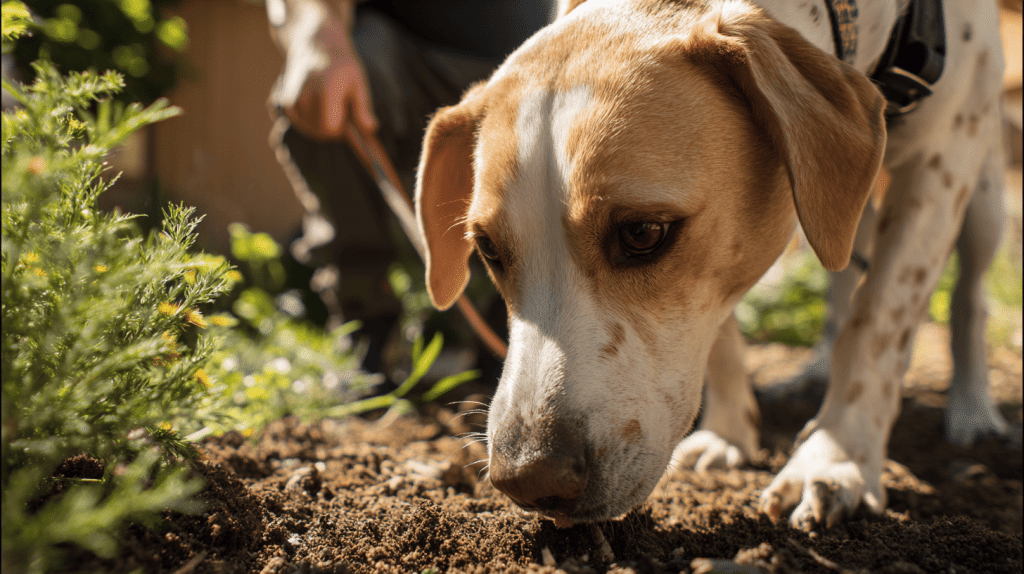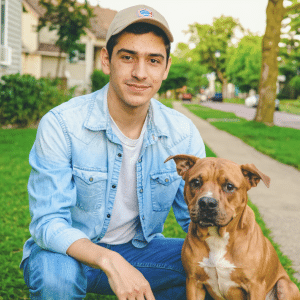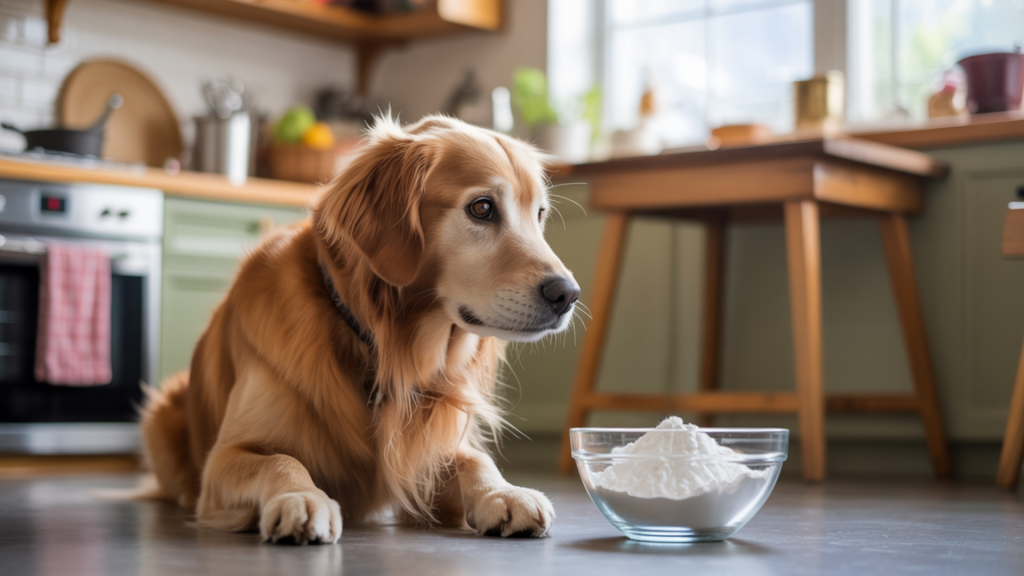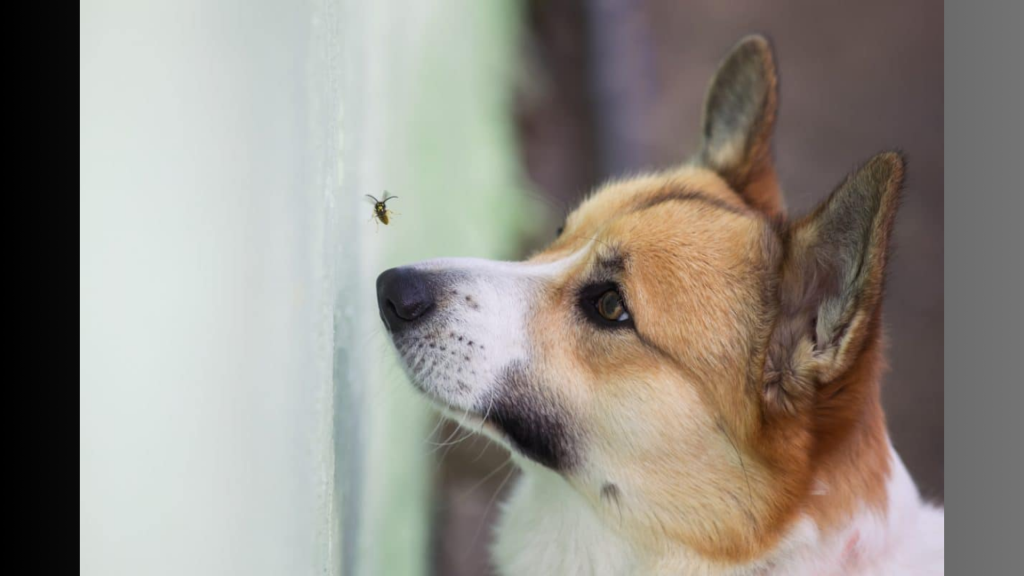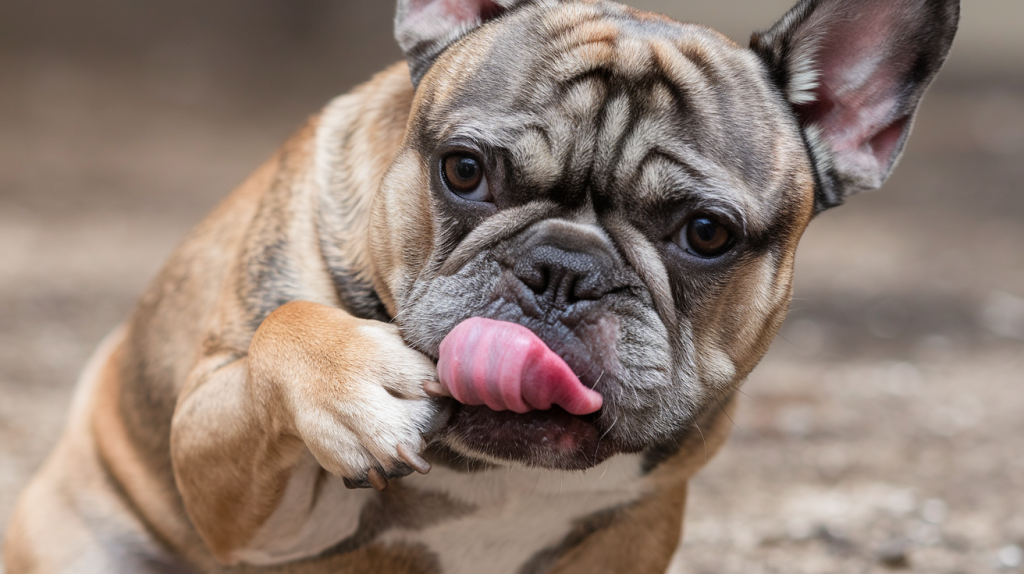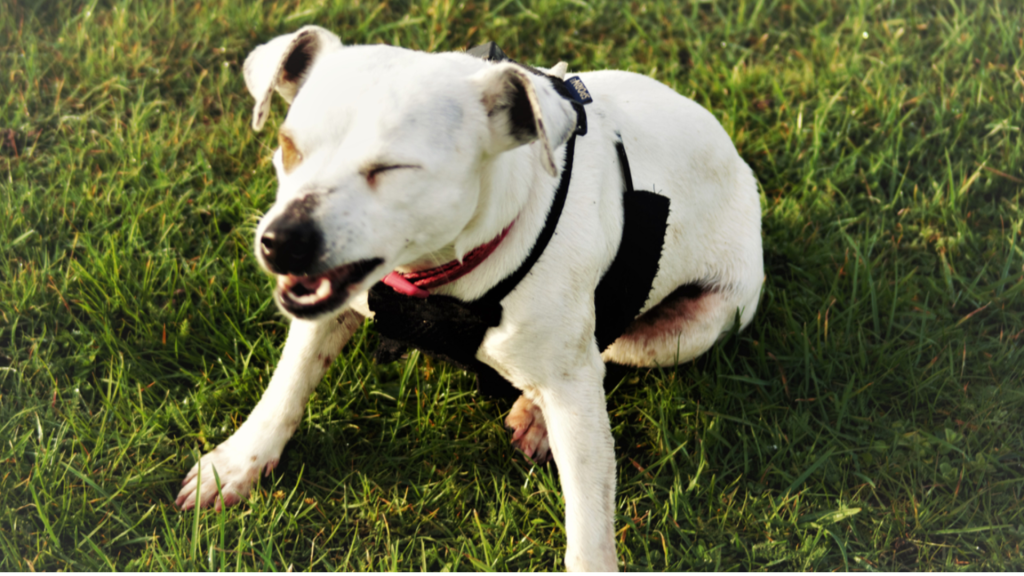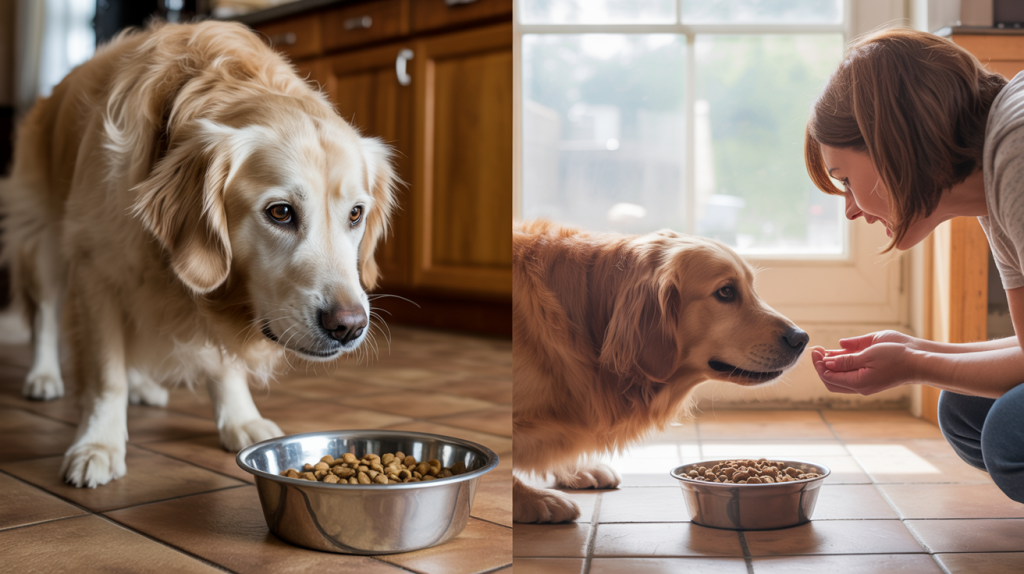Many dog owners have glanced over and been puzzled or even a little worried when they spot their pup chomping on a mouthful of dirt. It’s a behavior that can look strange and feel concerning.
Sometimes, it’s just harmless curiosity or play. Other times, it can be a sign of something deeper, like a nutritional deficiency, a medical condition, or even boredom. Knowing the difference is key to keeping your dog healthy.
In this article, we’ll look at the most common reasons why dogs eating dirt is a concern, from harmless habits to red flags.
You’ll also learn when to call the vet and practical ways to help your furry friend break the habit.
Understanding Geophagia and Pica in Dogs
Geophagia refers to the act of eating soil and is part of a broader condition called pica, which involves eating non-food items.
Experts at the American Kennel Club and The Kennel Club note that occasional dogs eating dirt may simply be harmless curiosity.
However, when the behavior becomes frequent or intense, it can point to underlying health problems or behavioral concerns. Recognizing the difference between a one-time taste and a regular habit is important.
This understanding can help you address potential issues early and ensure your dog’s overall well-being.
Why Do Dogs Eat Dirt?
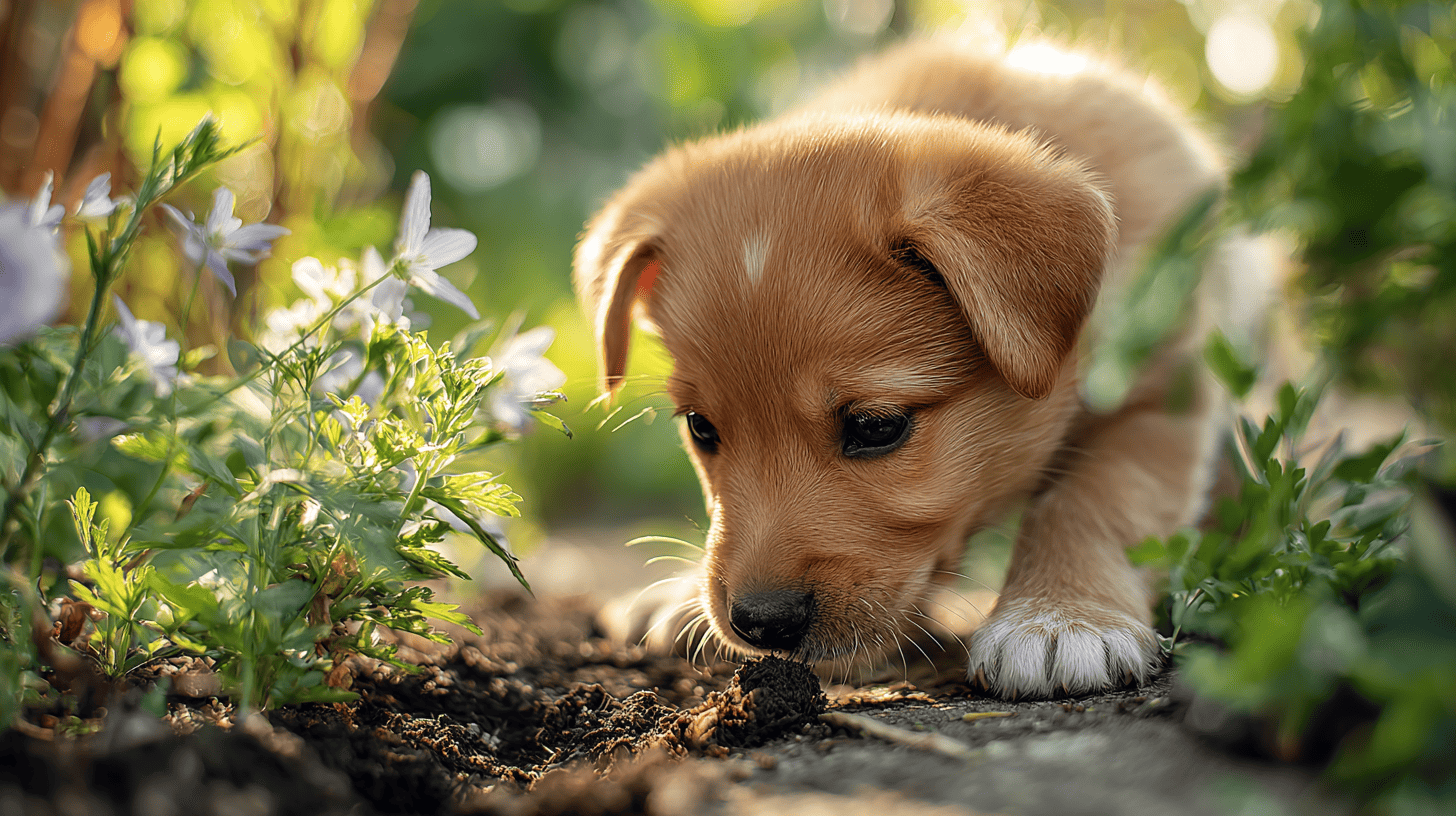
Dogs eating dirt can happen for many reasons, some harmless, others needing attention. Knowing the possible causes can help you decide whether it’s just curiosity or a sign of something more serious.
1. Nutritional Deficiencies (e.g., Iron, Calcium)
When a dog’s diet lacks key minerals like iron, calcium, or phosphorus, they may try to get them from the soil. This is more common in pets eating low-quality or unbalanced food.
A vet check and a proper diet plan can help correct these deficiencies and stop the dirt-eating habit.
2. Anemia or Other Medical Conditions
Medical problems such as anemia, inflammatory bowel disease, or internal parasites can trigger a craving for soil. These issues may cause a dog’s body to seek minerals or nutrients found in dirt.
If your dog eats dirt often, it’s best to have a vet rule out serious health concerns.
3. Digestive Upset or Nausea Relief
Some dogs eat dirt when they’re feeling sick to their stomach. This can help them vomit or soothe digestive discomfort, similar to how they sometimes chew grass.
While it might work for mild upset, frequent dirt eating could signal ongoing stomach or digestive problems that need professional care.
4. Behavioral Curiosity or Exploration
Puppies and young dogs look at their surroundings with their mouths. For them, eating dirt can simply be part of learning about the world.
While this type of curiosity is usually harmless, it’s important to supervise and redirect them so they don’t accidentally swallow harmful substances in the soil.
5. Boredom and Lack of Enrichment
Dogs without enough playtime, toys, or mental stimulation may start odd habits like eating dirt. It can become a way to pass the time when they’re bored.
Providing regular walks, engaging toys, and interactive activities can help satisfy their need for stimulation and prevent this behavior from developing further.
6. Stress, Anxiety, or Displacement Behavior
Stress and anxiety can cause dogs to do repetitive or unusual things. Eating dirt may serve as a self-soothing activity or a distraction from what’s bothering them.
Identifying and reducing stress triggers, along with providing comfort and enrichment, can help stop anxiety-driven dirt-eating in many dogs.
7. Pica: A Compulsive or Habitual Condition
If your dog regularly eats dirt along with other nWhat Is Geophagia (and Pica) in Dogs?
rephrase this h2on-food items, it may be pica, a condition where animals crave and consume things they shouldn’t.
Pica can have medical or behavioral causes, so a vet’s evaluation is important. Treatment may include addressing health issues, dietary changes, and training to break the habit.
Is Eating Dirt Dangerous and How to Stop It
Dogs eating dirt can face risks from parasites, bacteria, pesticides, or sharp objects hidden in soil.
Ingesting large amounts may cause blockages that require surgery. While an occasional lick might not be serious, repeated or heavy dirt-eating can pose real health risks.
If your dog is eating dirt regularly, here are steps to help prevent it:
- Review and improve diet: Make sure their food meets nutritional needs, and talk to your vet about supplements.
- Provide enrichment and exercise: Walks, puzzle toys, and play sessions can reduce boredom.
- Use behavior modification: Teach commands like “Leave it” and redirect attention to toys or treats.
- Limit access to dirt : Block garden areas or supervise outdoor time.
With the right care, training, and attention, you can curb your dog’s dirt-eating habit and help them stay healthier and happier.
Appropriate Timing to Consult a Veterinarian
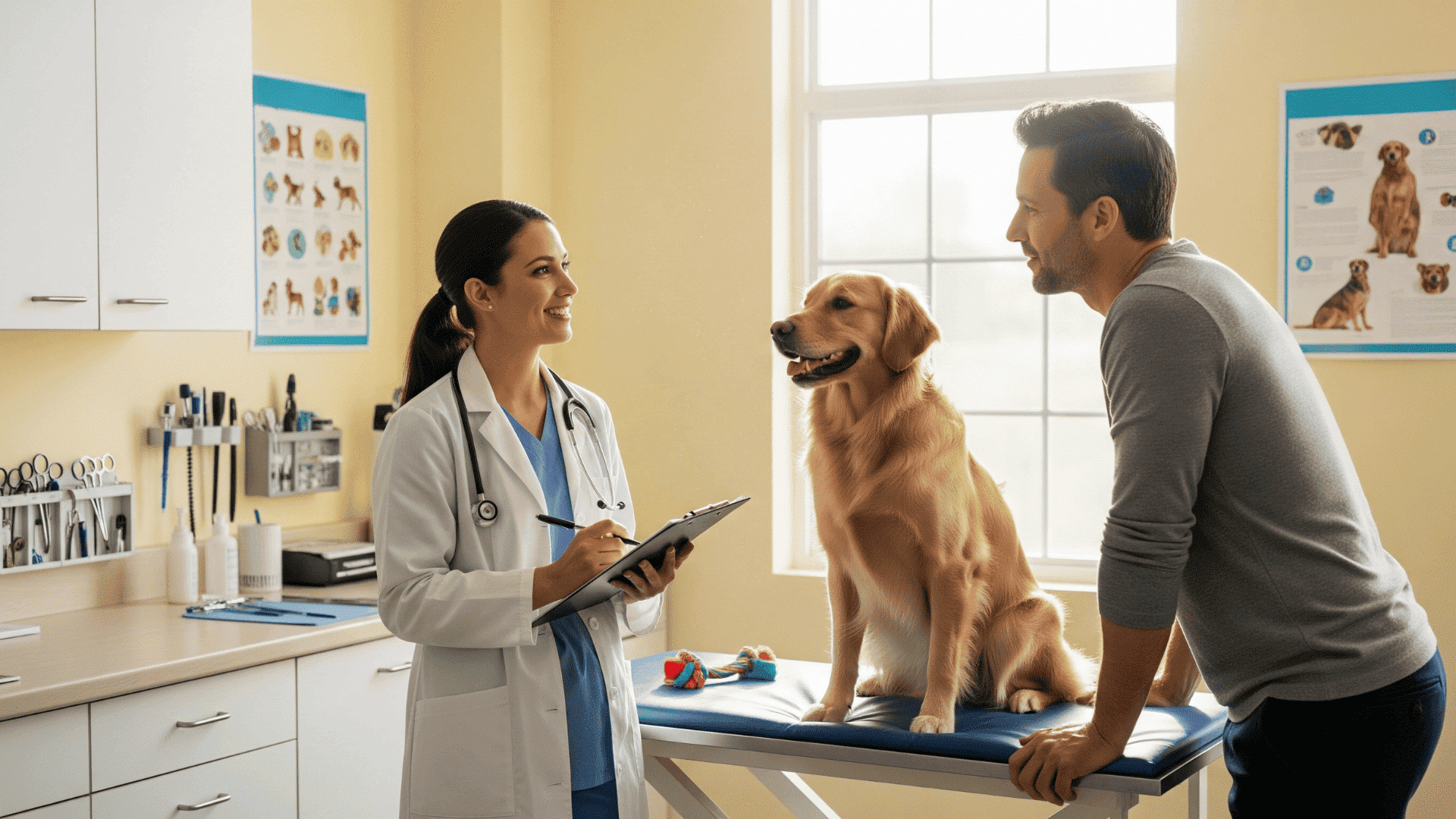
You should schedule a veterinary visit if your dog:
- Eats dirt frequently or in large amounts.
- Shows symptoms like vomiting, diarrhea, lethargy, pale gums, or reduced appetite.
- Has a history of anemia or chronic digestive issues.
- Suddenly develops the habit without an obvious reason.
- Doesn’t improve despite dietary changes and enrichment.
A vet can run blood work, stool tests, and dietary evaluations to find the root cause.
Wrapping it Up
Dogs eating dirt can be driven by curiosity, diet, health issues, or emotional needs.
A quick lick or small taste here and there usually isn’t harmful, but regular or heavy dirt-eating is worth paying attention to. It could point to nutritional gaps, medical issues, or stress that needs addressing.
By keeping an eye on your dog’s habits, making sure they’re on a balanced diet, and visiting the vet when something feels off, you can help protect their health.
If your dog has this habit, jot down when and where it happens. Those details can give your vet important clues to find the cause and guide you toward the best solution.


